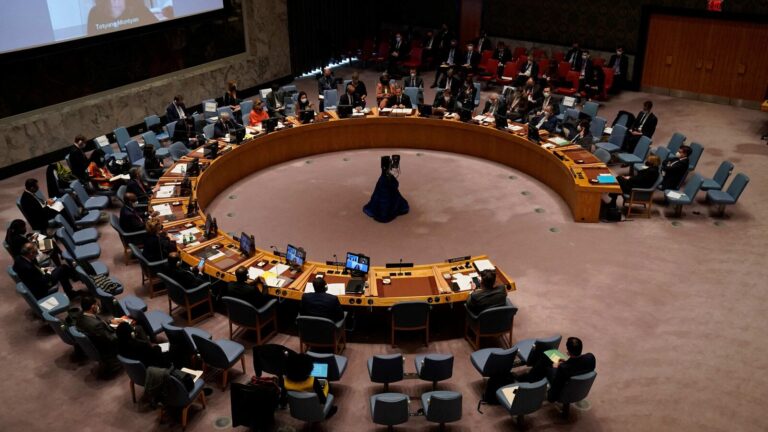Denmark, Greece, Pakistan, Panama and Somalia are set to win seats on the U.N. Security Council in a secret ballot at the U.N. General Assembly on Thursday.
The 193-member world body is due to vote to elect five countries to serve two-year terms. Regional groups usually nominate candidates for the 10 non-permanent seats on the 15-member council, but sometimes they can’t narrow it down to one. There will be no such surprises this year.
Last year, Slovenia defeated close Russian ally Belarus for a seat representing the eastern European regional grouping, in a vote that reflected strong global opposition to Russia’s all-out invasion of Ukraine.
This time, the regional group recommended Somalia for the African seat, Pakistan for the Asia-Pacific seat, Panama for the Latin American and Caribbean seat, and Denmark and Greece for the two mostly Western seats.
The five council members elected on Thursday will begin their term on January 1, replacing Mozambique, Japan, Ecuador, Malta and Switzerland, whose two-year terms end on December 31.
These countries will join the five veto-holding permanent members (the United States, Russia, China, Britain and France) as well as the five permanent members elected last year (Algeria, Guyana, South Korea, Sierra Leone and Slovenia).
The Security Council is tasked with maintaining international peace and security, but a Russian veto has prevented it from taking action against Ukraine, and the close ties between the United States and Israel have prevented it from calling for an end to the fighting in Gaza.
All five countries expected to win seats on Thursday have served on the Security Council before: Pakistan seven times, Panama five times, Denmark four times, Greece two times and Somalia once.
Nearly 80 years after the UN was founded, nearly all countries agree that the Security Council needs to expand to reflect the 21st century world, not the post-World War II era that it currently reflects.
But for 193 countries with national interests, the central issue, and the greatest point of disagreement, is exactly how. And for four decades, those disagreements have prevented any meaningful reform of the UN’s most powerful body.

